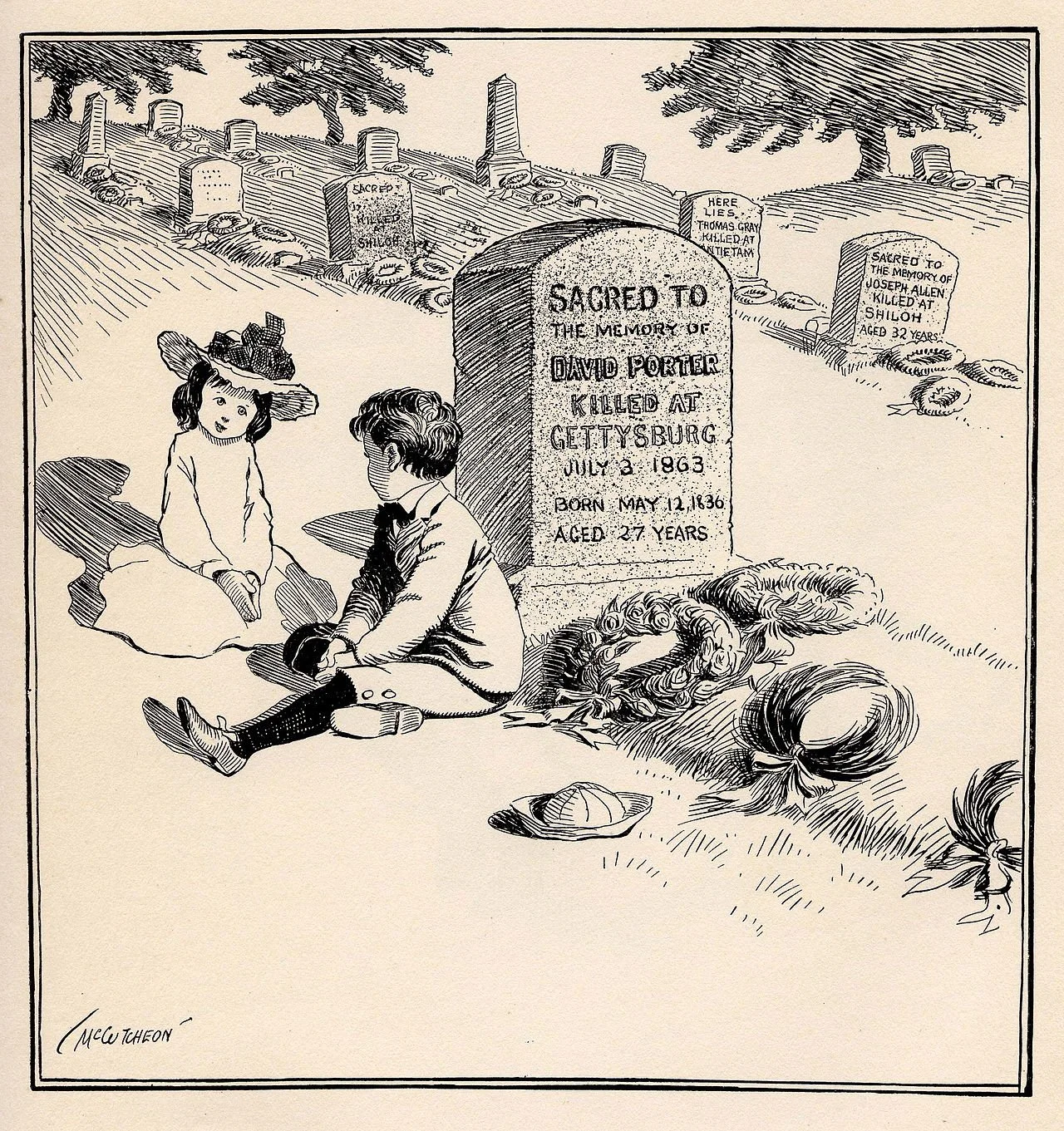Huey P. Long (1893-1935), Louisiana governor and U.S. senator and famed demagogue. He died in an assassination. He would have liked “earmarks”.
MANCHESTER, Conn.
Congratulations to one of Connecticut's forever members of Congress, U.S. Rep. Rosa DeLauro, Democrat of New Haven, for teaching the country a wonderful political-science lesson.
Having ascended to the chairmanship of the House Appropriations Committee, DeLauro has just revived the infamous practice of putting "earmarks" in the federal budget -- requirements that funds that ordinarily would be appropriated for general purposes be reserved for patronage projects desired by congressmen. Now DeLauro is forwarding her chief of staff, Leticia Mederos, to a national law and government relations firm, Clark Hill, whose office on Pennsylvania Avenue is within walking distance of the Capitol and the White House. Mederos will become a lobbyist, and her close connection to the House appropriations chairwoman will be a swell advantage to her clients.
This stuff is sometimes euphemized as public service. Where candor is permitted, it is called influence- peddling or even plunder.
The political-science lesson taught here by DeLauro and her outgoing chief of staff is like the one taught by Huey Long when he was governor of Louisiana in the 1930s. Gathering his closest supporters just after his election, Long is said to have told them:
“You guys who supported me before the primary will get commissionerships. You guys who supported me after the primary and before the election will get no-show jobs. You guys who donated at least $10,000 to my campaign will get road contracts. Everybody else will get goood gummint.”
Thanks to DeLauro and the rest of the new Democratic administration in Washington, $1.9 trillion in “goood gummint ‘‘ is on its way to the country in the name of virus epidemic relief.
DeLauro estimates that more than $4 billion of that money will be given to state and municipal government in Connecticut for purposes leaving wide discretion in its allocation. That $4 billion is equivalent to almost 20 percent of state government's annual spending and is $2 billion more than what state government estimates it has spent responding to the epidemic. That extra $2 billion will be a grand slush fund.
Gov. Ned Lamont and the General Assembly will decide just where to spend the money, and spending it carefully will be a huge challenge that is not likely to be met well.
Of course, much of the federal largesse will be spent in the name of education, but how exactly, and more importantly, why? After all, Connecticut has been increasing education spending for more than 40 years without improving student performance, just school-staff compensation. Even now half the state's high school graduates never master high school math or English and many take remedial high-school courses in public "colleges."
So the most promising educational use of the federal money might be to finance remedial summer school for Connecticut's many under-performing students over the next several years, since so many have missed most of their schooling during the last 12 months and were already far behind in education when the epidemic began. Using the education money for remedial summer school would minimize the problem school administrators fear. That is, if the emergency federal money is incorporated in recurring school operations, it will leave a disruptive gap when it runs out in a year or two.
xxx
As "earmarks" return to Congress, Connecticut's bonanza from Washington is sure to induce more earmark fever at the state Capitol, where it long has infected bonding legislation. Already Hartford Mayor Luke Bronin imagines spending billions for high-speed railroad service from the city to New York and Boston and development of the city's riverfront, as if the lack of those things is Hartford's big problem. At least the mayor is no longer boasting about defunding the city's police. In the 48-hour period that included his "State of the City" address this week, six people were shot in separate incidents in the city, one fatally. Maybe Hartford's most pressing need is for more police officers.
But if the governor can persuade the Democratic majority in the General Assembly not to spend the federal money too fast, enough will remain in the slush fund to get them past the 2022 state election without raising taxes, if also without making state government any more efficient and effective.
Chris Powell is a columnist for the Journal Inquirer, in Manchester.
















